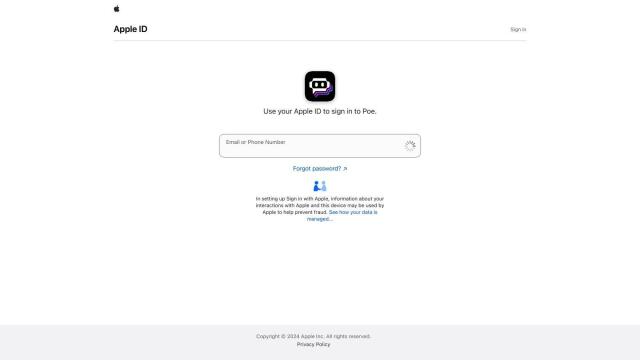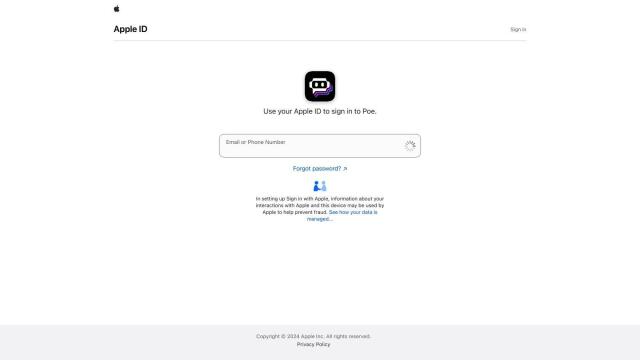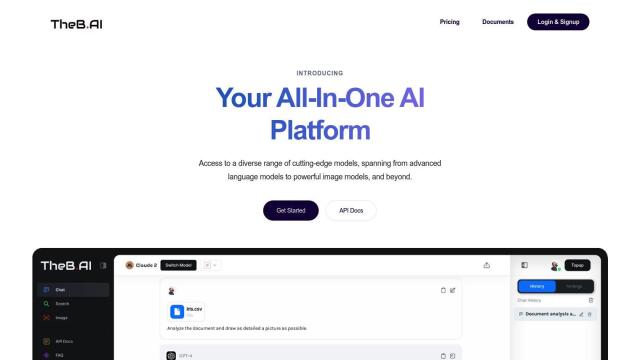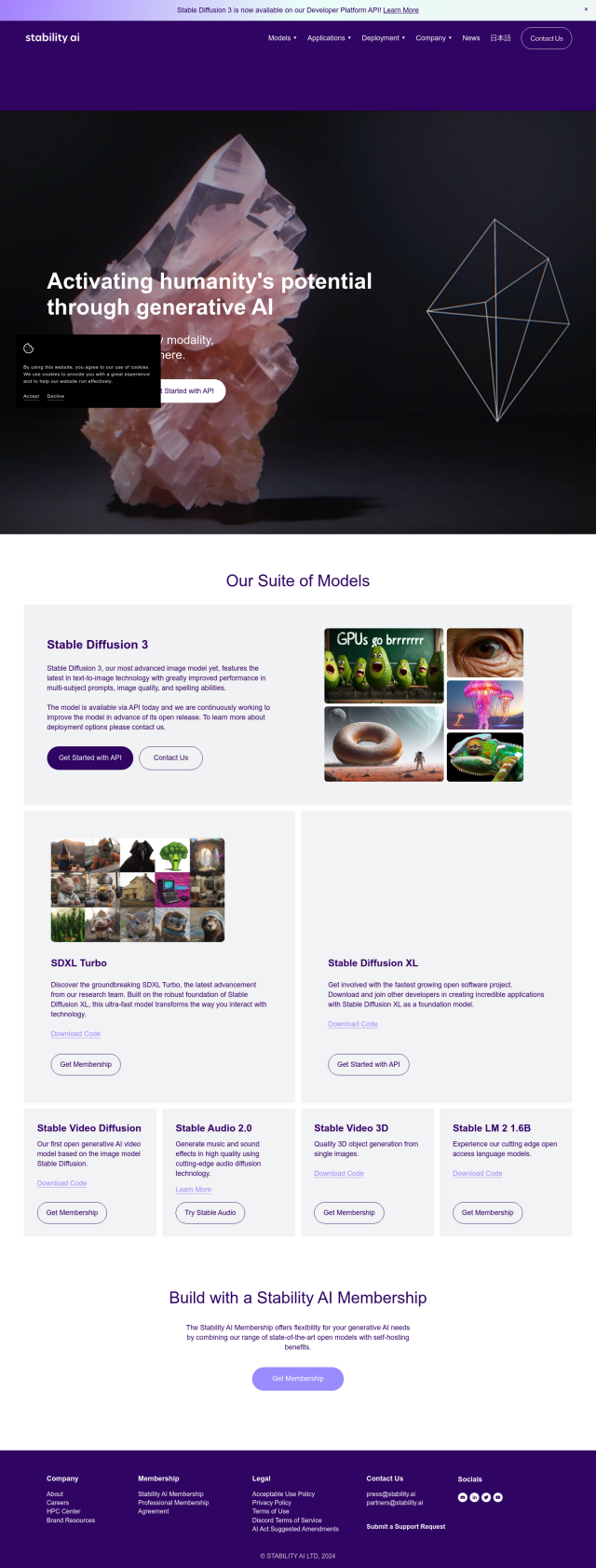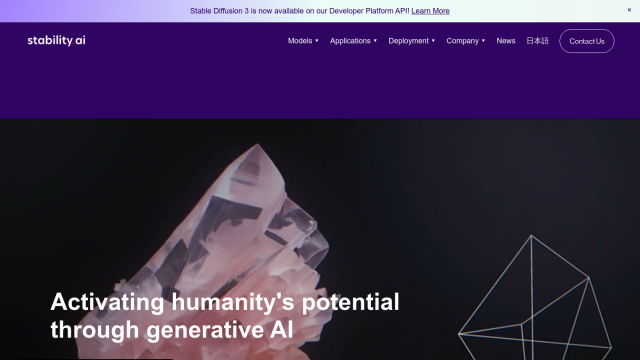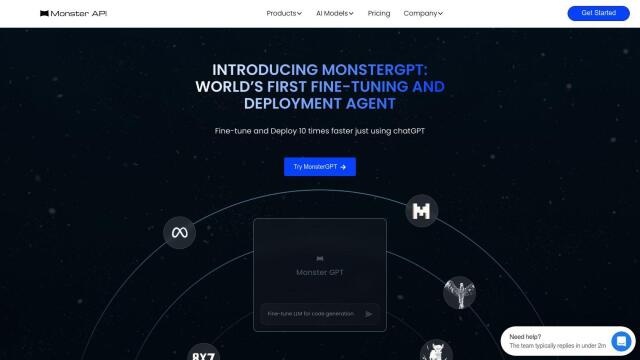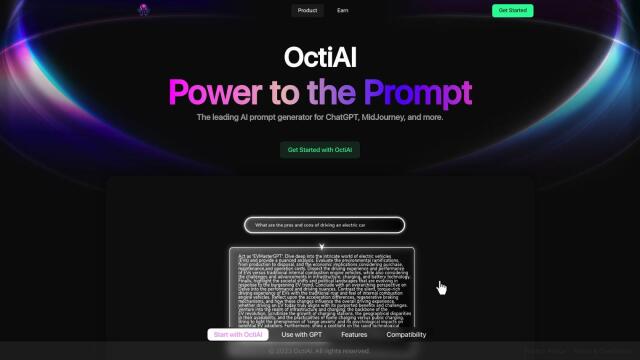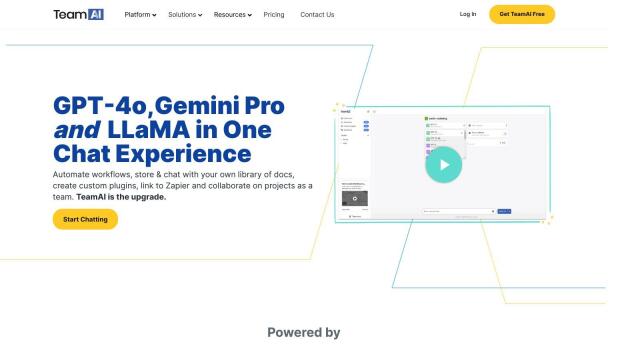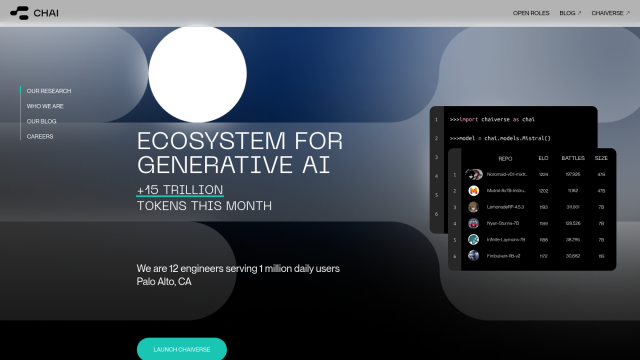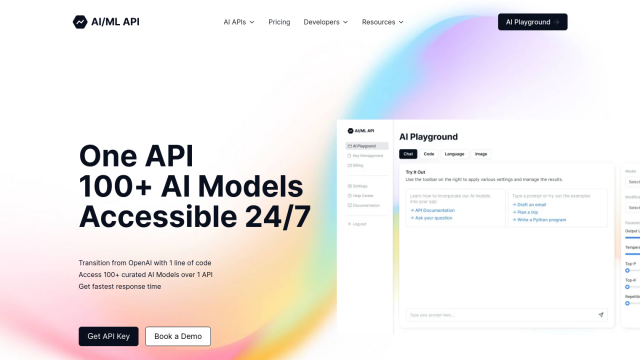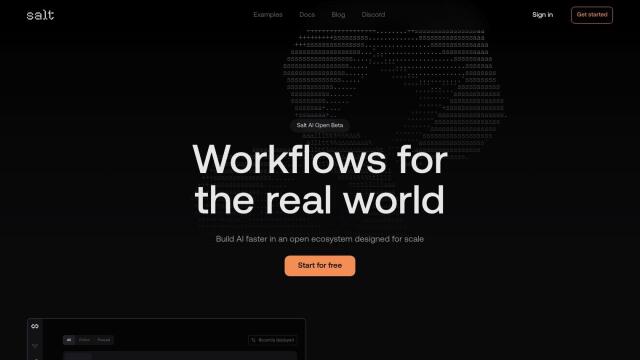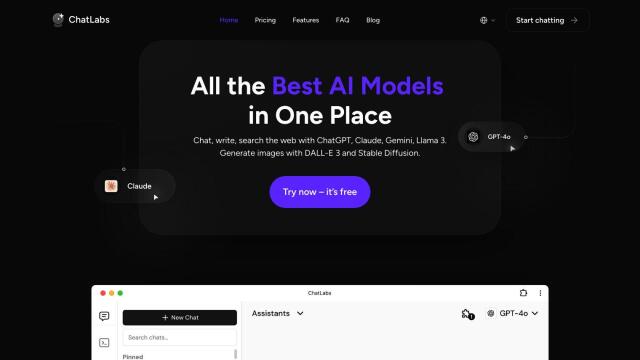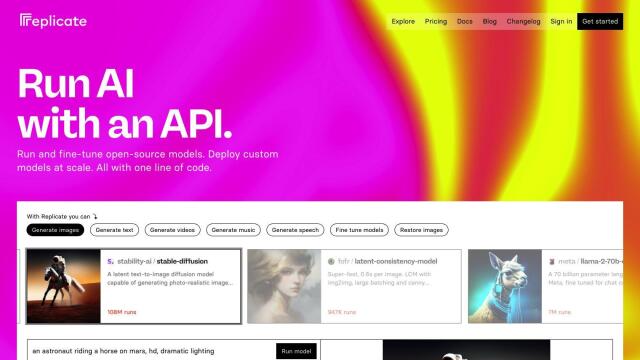Question: I need a simple way to learn about the capabilities and limitations of AI language models - do you know of a resource that can help?
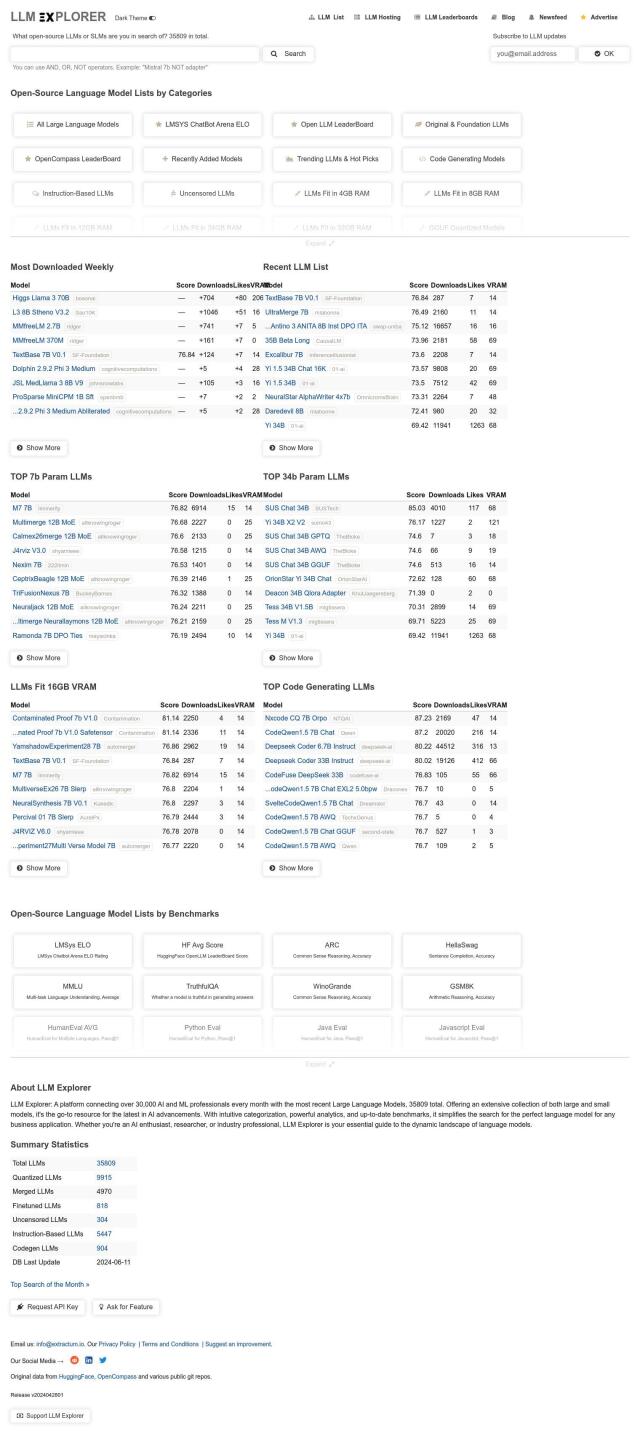
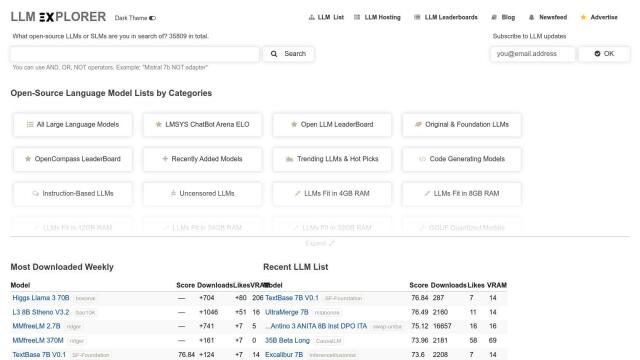
LLM Explorer
If you want a resource to experiment with the abilities and shortcomings of AI language models, LLM Explorer is a great site. It catalogs 35,809 open-source models, filtering them by parameters like size, benchmark scores and memory usage. You can drill down with categorized lists, benchmarks and analytics. The site also shows trending and newly added models, so it's a good resource for AI enthusiasts, researchers and pros.


Perplexity Labs
Another good resource is Perplexity Labs. This interface lets you ask questions and give prompts to a variety of Large Language Models (LLMs) through a simple interface. It supports a variety of LLM variations, so it's a good way to try out different models and see what they can do without having to be a technical expert. It's good for developers who want to incorporate LLMs into their projects and for anyone curious about AI language models.


Airtrain AI
If you want to get your hands dirtier, Airtrain AI has an LLM Playground where you can fine-tune and try out more than 27 open-source and proprietary models. The site has tools for visualizing, clustering and curating data, and AI Scoring for evaluating models with your own task descriptions. That makes it easier to test, fine-tune and deploy your own custom AI models for your needs.

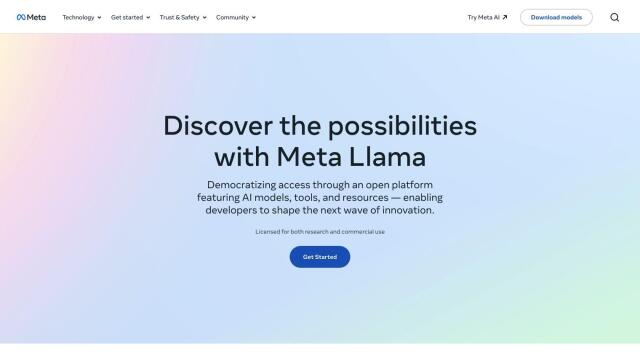
Meta Llama
Last, Meta Llama offers a variety of open-source models and tools for programming, translation and dialogue generation. The project includes modules like Meta Llama 3 and Meta Code Llama that are designed for both research and commercial use. The open-source approach means people can collaborate and provide feedback, and it means safety and responsible development are more likely. But it also means you get more powerful AI tools for whatever you want to do.


